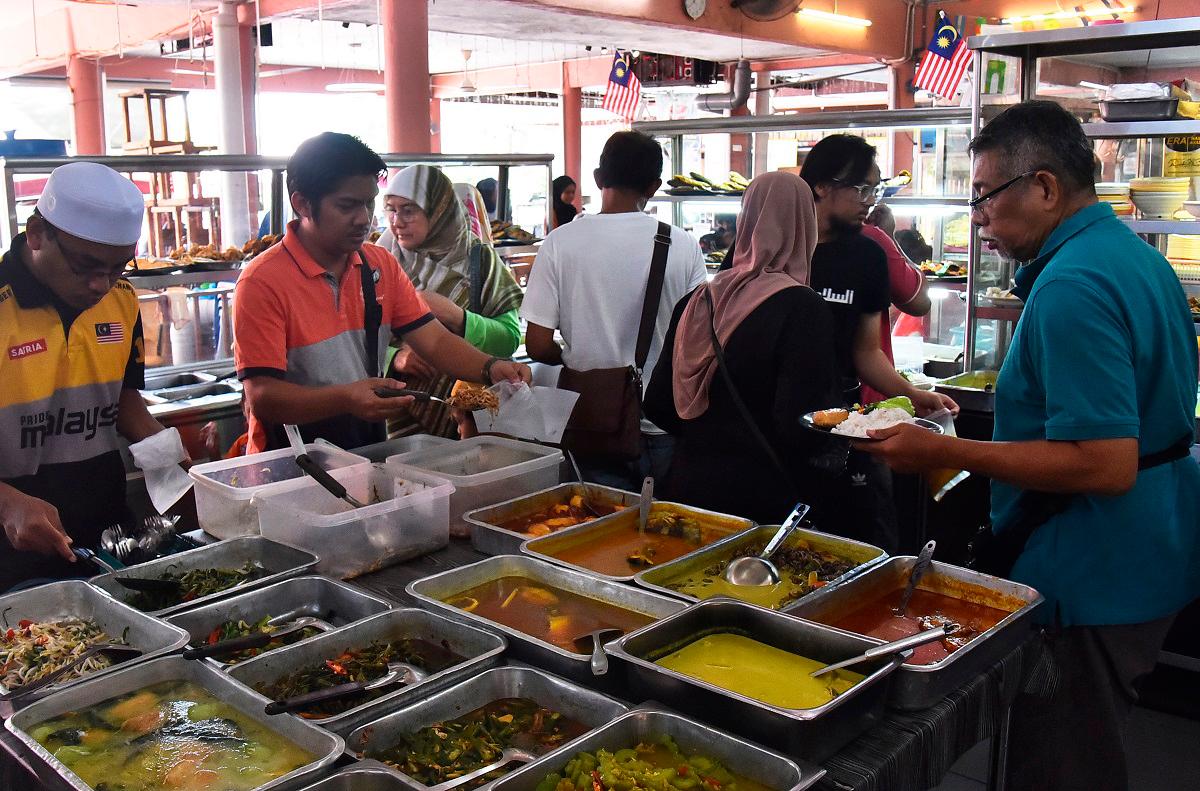PETALING JAYA: Malaysia’s middle class is eating enough to feel full, but not enough to stay healthy.
Urban families are cutting back on protein and key nutrients, creating a wave of hidden hunger that threatens the nation’s future, warns Universiti Utara Malaysia researcher Assoc Prof Dr Bakri Mat.
“Studies by Unicef and the Khazanah Research Institute show even children in urban middle-class areas face stunting,” he said.
“My own fieldwork confirms this – middle-class families in cities are increasingly affected.
“Rising living costs are pushing households towards cheaper, energy-dense foods. One in five children in Kuala Lumpur’s low to middle-income flats were found stunted in earlier Unicef studies – a classic sign of hidden hunger,” Bakri noted.
The problem, he said, is often overlooked.
“Hardcore poverty attracts attention and aid. But middle-class families, trapped by high housing, transport and education costs, don’t qualify for assistance and due to stigma, stay silent about their struggles.”
Evidence of dietary cutbacks is mounting. Families are reducing meat and fish, buying cheaper food, stretching meals with rice and noodles or skipping meals entirely.
“Some quietly rely on free food aid. I’ve also come across families who simply go without meals because of financial pressure.”
He said the consequences are
far-reaching. For children, it means stunted growth, weaker learning ability and poorer health.
For adults, he said it brings lower energy, reduced productivity and higher risks of obesity, diabetes and heart disease.
He said nationally, that translates into rising healthcare costs and weaker competitiveness.
Bakri highlighted the double burden of malnutrition: families eating too much cheap, processed food while still missing essential nutrients.
He urged a stronger safety net.
“First, we need a system to identify at-risk families, because many will not come forward.
“Programmes like e-Kasih could be expanded to cover struggling
middle-class households.
“Nutrition-based support – food vouchers, healthy school meals, subsidies for essentials – must be considered,” he said, adding that community solutions such as urban farming, food banks and NGO partnerships can also improve access to healthy food.
Bakri noted Malaysia already has a foundation, with initiatives like the Rancangan Makanan Tambahan for schoolchildren and Menu Rahmah for affordable meals.
“These programmes work, but they should be widened to include struggling middle-class families.”
Other countries, he added, show what’s possible such as Brazil invests heavily in school feeding and the Bolsa Família scheme, the Philippines targets rice affordability and Indonesia leans on community food support.
“Nations with strong safety nets are better able to cushion families against food insecurity.”









